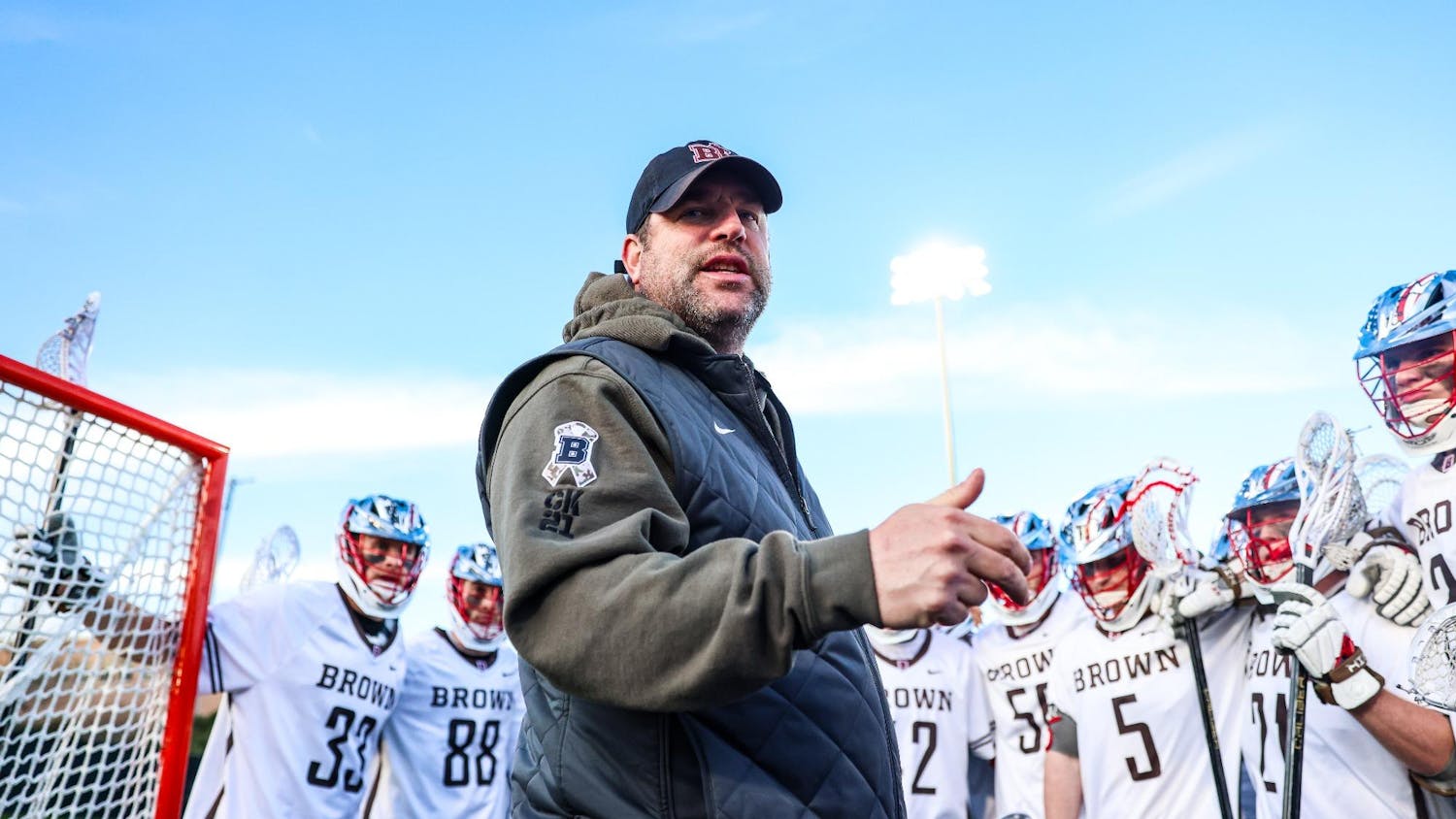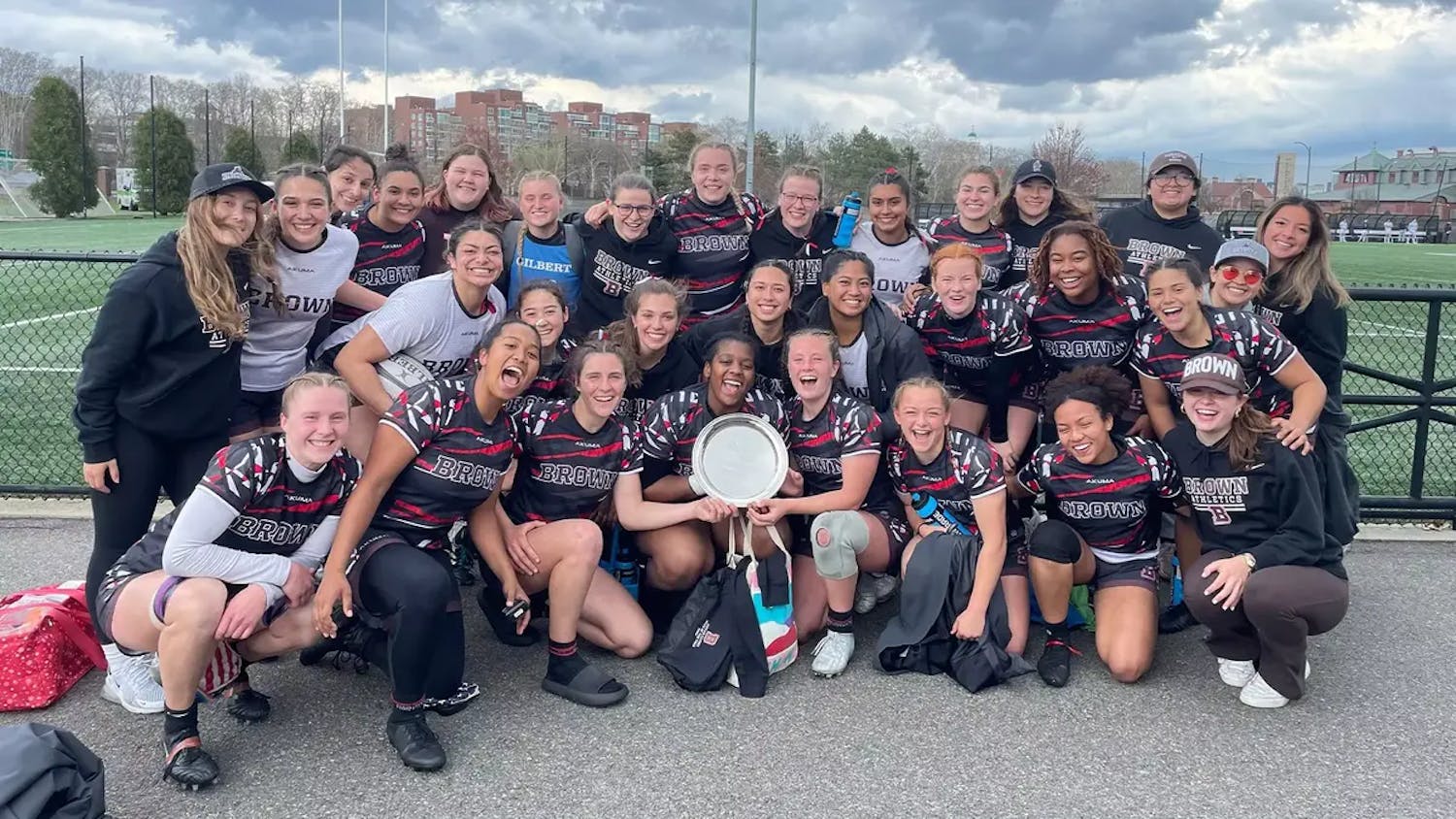As a New York Mets fan, I’m fairly used to picking a new playoff team to root for every October. It’s a simple process, consisting primarily of a weighing of one team’s attributes and shortcomings against those of another. It’s taught me a lot about playoff teams. And it’s also the reason that late Wednesday night, as Aroldis Chapman struck out Brandon Belt to send the Chicago Cubs to the National League Championship Series and eliminate the San Francisco Giants, I was nothing short of thrilled.
Outside of the New York Yankees, whom I hate on principle, there are three teams I simply refuse to root for: the Giants, the St. Louis Cardinals and the Kansas City Royals. For interrelated reasons, I can’t stand these teams. I grit my teeth in anger when the Mets have to play them. I consider them mere annoyances in the otherwise pristine fabric of baseball — through very little fault of their own.
If you’re a fan of any team besides the Giants, Cardinals or Royals, you know what I’m talking about. You’ll be playing the Royals, for example, and their leadoff hitter will hit a slow ground ball that trickles through the infield for a single.
“They got lucky,” you’ll think, angrily. But on TV, the broadcasters will quickly correct you. “These Royals are relentless,” the play-by-play commentator will say. “Always putting the ball in play.”
“Working deep counts, fouling off tough pitches,” the other commentator will chime in. “Then they put the bat on the ball and make things happen.”
This is merely an example of a prevalent plague in sports coverage today — one that is irksome beyond words to fans who understand the game and that allows fans who don’t to pretend that they do. That plague is the rise of false-narrative sports journalism. Besides being beyond irritating for opposing fans, false-narrative coverage defeats the fundamental point of sports: that the narratives should create themselves spontaneously and play themselves out through competition.
It’s also the reason that all three of these teams are on my blacklist.
The false narratives surrounding these three teams are largely similar. All are variations on the theme that one team is objectively the best: that one team’s tactics, morals and fan base are superior to all others and that these teams deserve to be showered with unrelenting praise because of it.
For the Cardinals, the narrative revolves around the fans. Cardinals fans wholeheartedly believe that they are the best fans in baseball. If you Google “Cardinals best fans,” you’ll find an article claiming that the author has “never … heard a Cardinals fan refer to him or herself as ‘one of the best fans in baseball.’” But just three results down, you’ll find an article entitled, “An open letter to Cubs fans from the best fans in baseball,” written, of course, by a Cardinals fan. The opinion is demonstrably false: The Cardinals have been winning consistently for more than 50 years, so any argument that Cardinals fans stick with their team during good times and bad has no basis. But the belief persists.
The Royals, on the other hand, are “America’s Team,” at least when they’re good. Google “Royals America’s Team,” and you’ll find an article claiming that “you won’t hear the Royals call themselves ‘America’s Team.’” Two results down, you’ll find a post on a Royals fan blog entitled, “The Kansas City Royals are America’s Team.” When the Mets went into Kansas City for the 2015 World Series, the two teams weren’t on equal footing — far from it. The Mets were the big bad bullies from New York trying to stomp on the destiny of the plain, country-boy Royals, who had worked harder than anyone else and been through more trying circumstances than any other team just to reach the World Series. The Mets were Goliath; the Royals were David.
Then there are the Giants, whose narrative is similar to the Royals’ but with one extra element. That extra kick, of course, is “even-year magic.” I prefer a more profane term for it, but the essence remains the same: The Giants won the World Series in 2010, 2012 and 2014 and seemed inevitably poised to do so again this year, before luck finally fell in their opponent’s direction. The Giants’ loss Wednesday night struck a major blow against false-narrative sports coverage, one from which the Giants may not recover. That’s most of the reason I was so happy about it.
By ignoring the facts of the game and focusing on things like the Giants’ making the playoffs every other year or the Royals’ deserving to win because they play in Kansas City, sports media outlets detract from the spontaneity that sports embody. Wednesday’s Giants loss won’t end the practice, but it certainly was fun to finally see the Giants lose when they were supposed to win.
James Schapiro ’19 is rooting for the Cubs. He can be reached at james_schapiro@brown.edu.




